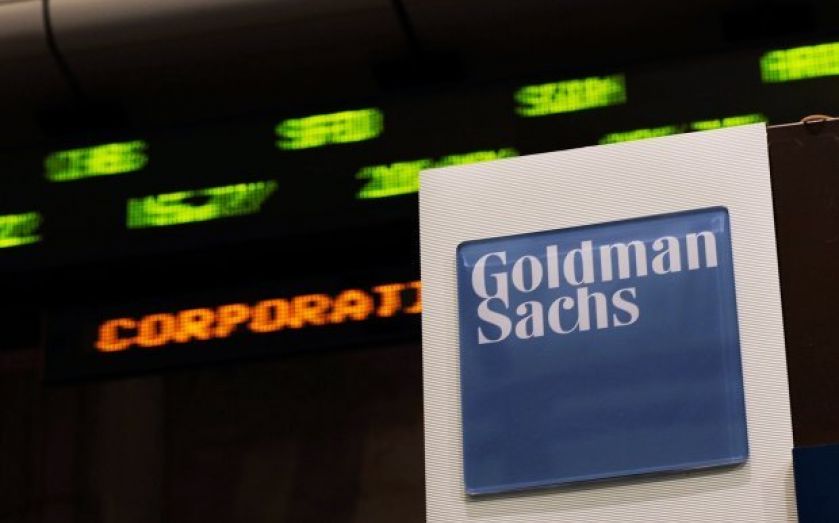Why Goldman Sachs thinks UK growth is about to take off

The UK's annual GDP growth could continue at a pace of three per cent next year, according to Goldman Sachs.
Upward revisions to the bank's forecast reflect "persistent strength displayed by UK activity indicators".
Goldman reports that its current activity indicator (CAI) is consistent with annualised GDP growth of 3.5 to four per cent.
The bank's analysts are upbeat about the prospects for the UK economy, forecasting that growth this year could be as strong at 3.4 per cent, while consensus estimates suggest 2014 will only see GDP grow at three per cent.
The investment bank is also more confident about next year, seeing growth at three per cent in 2015, rather than the 2.6 per cent growth anticipated by a poll of economists. Goldman suggests that ongoing recuperation of the banking system and reduced uncertainty will continue to benefit the UK economy.

Goldman also anticipates lower inflation than other forecasters, suggesting that annual CPI inflation will come in at just 1.5 per cent in both 2014 and 2015. That combination of strong growth and weak inflation "is one that would typically be more supportive for equities and credit," say Goldman analysts.
The investment bank maintains a central view that there will be a "gradual improvement" in productivity growth over the next three years, yet now predicts that unemployment will be lower than it expected this year and in the next two. Goldman sees unemployment at 6.5 per cent this year (previously 6.8 per cent), and six per cent in 2015 (6.4 per cent), falling to 5.8 per cent in 2016 (six per cent).
While that productivity growth may be in-line with the UK's long-term average by the end of Goldman's forecast horizon, the loss in the level of productivity relative to the pre-crisis trend will not be recouped. The bank expects productivity growth of 0.8 per cent in 2014, +1.2 per cent in 2015, 1.6 per cent in 2016, and 1.8 per cent in 2017.
Goldman now predicts that the Bank of England will hike interest rates in the first three months of 2015, reflecting Goldman's upwards revisions to its growth forecasts, and the "recent hawkish shift in the communication" of several Monetary Policy Committee members. Previously Goldman had anticipated an initial rate hike in the third quarter of next year.
